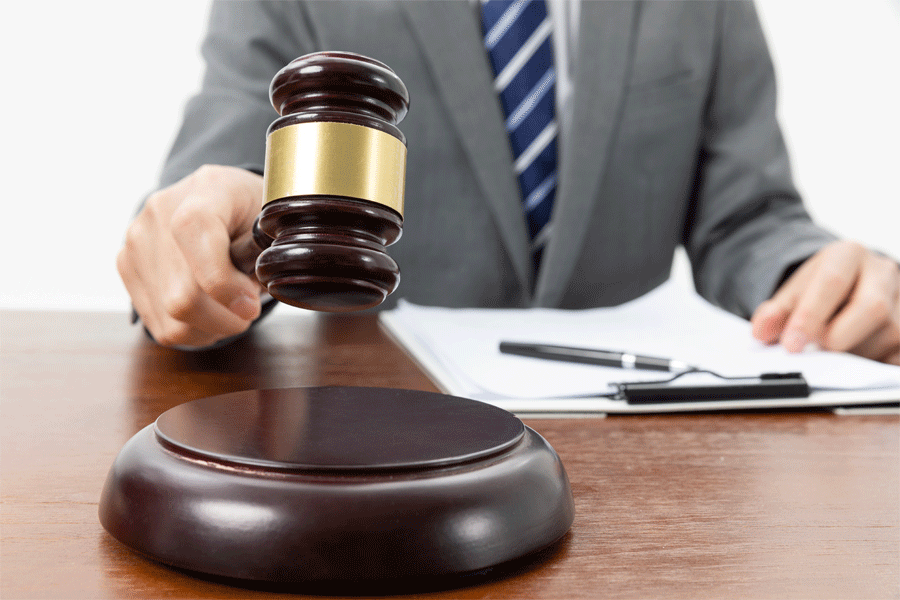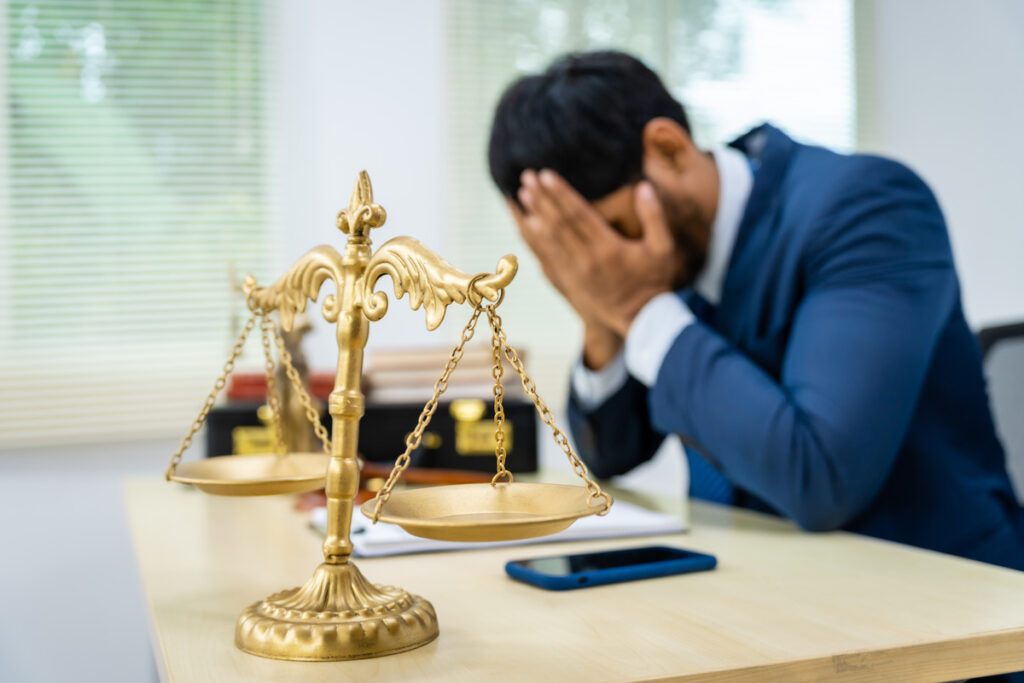What to Expect if You Lose a Defamation Case: Legal Insight
Defamation is one of the most profound legal concerns for individuals and corporations. Losing a defamation case can have serious repercussions for the plaintiff and the defendant. The long-term consequences, emotional toll, financial penalties, and damage to one’s reputation may outweigh the court decision. It’s essential to understand what happens if you lose a slander case. The legal and psychological effects of losing a slander case are examined in this article.
If you lose a defamation lawsuit, we’ll discuss the penalties, the financial and emotional toll, and what to do next. Everyone involved in or contemplating a defamation action should read this thorough explanation, which also addresses some frequently asked legal questions. After reading this essay, you will understand what to anticipate and how to handle a defamation case.
Table of Contents:
- Overview
- What Takes Place When a Defamation Case Is Lost?
- Defamation penalties: what are they?
- Can I appeal a defamation decision?
- What Effects Do Defamation Cases Have on Your Image?
- What Takes Place with Emotional and Financial Well-Being?
- How Do You Address Defamation Claims?
- FAQs
- Conclusion and Legal Guidance
1. Overview
2. What Takes Place When a Defamation Case Is Lost?
In the case of defamation, the defendants

Loss of Money
For Plaintiffs of False Claims
Claim Refusal
Court and legal fees

Reputational harm
3. Defamation penalties: what are they?
Loss of Money
- Actual Damages: For damages in money and reputation.
- Punitive Damages: For willful or negligent defamation.
- Special Damages: For monetary losses brought on by defamatory remarks.
Remedial Measures
- Public Apology: The defendant may be required to retract their defamatory remarks or offer an apology.
- Corrective Statements: The offender can be required to describe the harm that their acts have caused.
Unlawful sanctions
4. Can I appeal a defamation decision?

Motives for Appeal
- Errors in procedure: You might be able to appeal the case if the jury instructions were incorrect.
The Difficulties of Appealing
5. What Effects Do Defamation Cases Have on Your Image?
Regarding the Defendants:
Fraud and Perception of Malice:
Loss of Trust with Clients, Customers, and Business Partners:
Individual Connections at Risk:
Having Problems Developing Your Career:

Regarding the Plaintiffs:
Perception of malice or dishonesty:
Damage to one’s career and professional reputation:
Damage to One’s Reputation:
Future court cases suffer:

Mitigation of Reputational Damage
Statement of apology (if applicable):
Active Interaction:
Give PR and positive actions top priority:
Those in charge of reputation:
Time and Regularity:
6. What Takes Place with Emotional and Financial Well-Being?
Regarding the Defendants:
Regarding the Plaintiffs:
- Economic Impact: If a defamation case is lost, plaintiffs may be required to reimburse the defendant for court expenses and legal fees. This could be pricey, mainly if the lawsuit is challenging to litigate.
7. How Do You Address Defamation Claims?

1. Speaking with an Attorney
2. Management of Financial Impact
How to address the economic impact

- Bankruptcy: Bankruptcy may be an option in extreme situations where damages are too significant to pay. Discuss your alternatives with a bankruptcy lawyer if you’re having financial difficulties. Before declaring bankruptcy, make sure to think about the long-term consequences.
3. Control Your Image
Repairing one’s reputation is essential after losing a slander lawsuit.
Procedures for maintaining and repairing your reputation:
4. Examine and Consider
How a lost defamation case can teach you:
- Recognize What Went Wrong: Reviewing the case and pinpointing errors is critical. Did you slander someone because of your hasty actions? Did you not thoroughly study the material before writing or speaking? You can avoid making the same mistakes again if you know what led to the lawsuit.
- Accept Responsibility: Accept responsibility if you were found guilty of slander. You may become a better person and demonstrate accountability to your audience, clients, and colleagues by owning up to your mistakes and learning from them. If you are the plaintiff, consider whether your claims were reasonable and use the result to support your claims in the future.
- Enhance Communication Skills: I learned the importance of measured communication after losing a defamation case. When you speak, write, or post on social media, think about the consequences of what you say. Before making a defamatory statement, consider the situation or speak with a lawyer.
8. FAQs
Although defamation is primarily a civil matter, certain jurisdictions have criminal laws. Rarely, defamation can result in criminal prosecution and jail time.
Depending on their complexity and appeals, Defamation processes could last months or years.
To show defamation, the plaintiff must demonstrate that the defendant’s false statement damaged their reputation, that it was not privileged, and that they acted carelessly or deliberately.
Although it is possible to bring a defamation lawsuit without an attorney, it is preferable to do so to comprehend the intricate legal landscape fully.
Factual statements are not defamatory; a statement must be untrue to be considered defamatory.
9. Conclusion and Legal Guidance

Your Legal Solution Starts Here
Clear, practical legal advice you can count on when it matters most